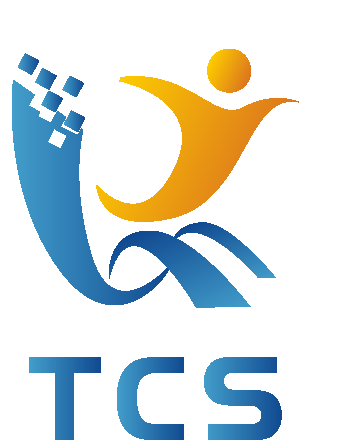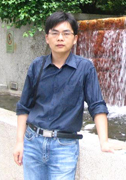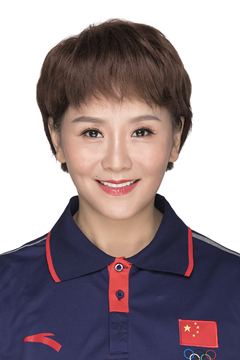
| Prof. Changji WangGuangdong University of Foreign Studies, ChinaDean of the School of Information Science and Technology/School of Cyberspace Security Research Area: Cryptography theory and application, Cloud computing security, Privacy protection machine learning Profile: As a core member, he participated in a number of national major scientific research projects such as the interdisciplinary key project of the National Natural Science Foundation and the 863 project of the National High-tech Research and Development Plan. As the project leader, he has presided over more than 10 research projects such as National Natural Science Foundation Project, National Computer Network and Information Security Management Project, China Postdoctoral Science Foundation, Guangdong Natural Science Foundation Key Project, Guangzhou Science and Technology Plan, etc. He has published more than 70 academic papers in authoritative journals and influential international conferences in the field of information security, of which more than 20 are indexed by SCI. |
Prof. Lianxiang FanSouth China University of Technology, ChinaInternational judge of rhythmic gymnastics. Dean of School of Physical Education, South China University of Technology, Deputy Secretary of the Party Committee Research Area: School physical education reform and development, Body aesthetics Profile: Presided over the overall administrative work of the physical Education Institute, in charge of finance, physical testing center, youth sports club and other work, contact physical testing center. |
|
| Prof. Michael ChiaNanyang Technological University,SingaporeProfile: Professor Michael CHIA is a full professor of Paediatric Exercise Science, a first for Singapore. His graduate and post-graduate training emanated from Loughborough University and Exeter University in the UK. His professional credentials include certifications from ACSM, BASES and the OBS in Hong Kong. He published and presented his research in more than 200 outlets including national and international position statements on guidelines for physical activity and youth development in sport. Professor Michael Chia embraces learning, and collaborating with international colleagues, and in this venture, he has delivered academic and professional talks in more than two dozen countries. As an academic, he received several awards for his teaching, research and leadership roles. In recent times, his research featured on BBC World Service and the Straits Times in Singapore. He completed his NIE senior leadership appointments as the Academic Dean for Faculty Affairs and before that, the Head of Physical Education and Sports Science (PESS) Group at the NIE. He resumed his research and teaching duties as full professor in PESS in 2019. He leads an international research on screen media use, physical activity, sleep and eyesight among preschool children with 20 countries in Asia, Europe and the USA. He enjoys his work and his play tremendously, oftentimes, confusing work and play as the same. Like many Singaporeans, he could do with more sleep! Speech Title:Leave No Child Indoors: Impact of Play Environments on the Physical and Socio-Emotional Development of Preschool Children Abstract: The research conducted by the National Institute of Education provides evidence that children under the age of seven years often lead sedentary lifestyles, lack physical activity, excessively engage with screens, and exhibit irregular sleep patterns, all of which can contribute to obesity and sedentary habits. The study underscores the pivotal role of parents in inluencing their children's physical activity behaviors. The primary objective of this research is to investigate the inluence of different play environments on the physical and socio-emotional development of 5- to 6-year-old children. The study consists of two parts: Part 1 involves children attending preschools and employs various assessment methods to evaluate indoor, outdoor, and nature-inspired play spaces. Part 2 focuses on children from low-income families and their experiences in nature-inspired play spaces. The research utilizes both qualitative and quantitative analysis, with a predetermined level of signiicance set at p< .05. The ultimate goal of this research is to provide insights and data that can be used to develop strategies for promoting healthy child development. |


